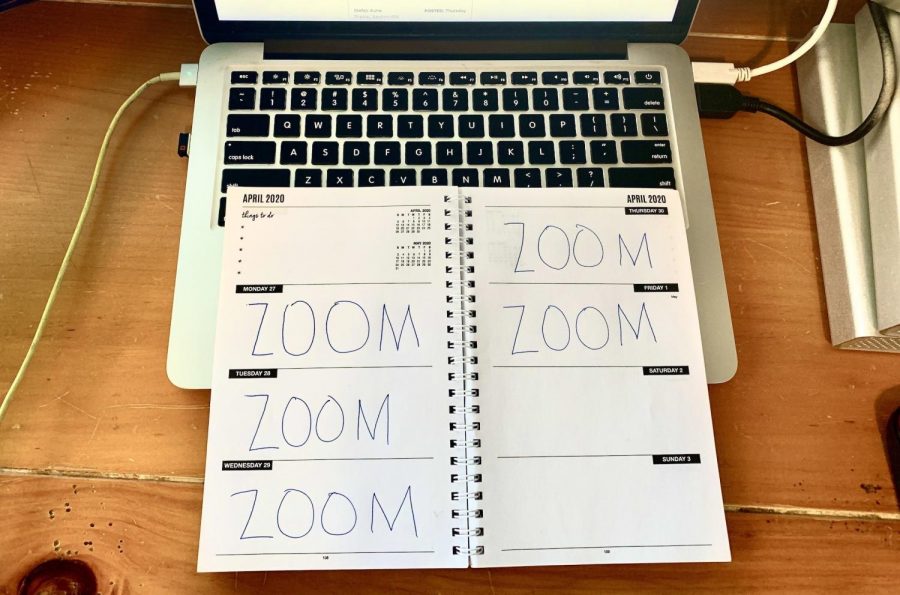Online education at home might be effective when it comes to catching up on sleep and spending time with family. When it comes to learning though, for many students, the benefits are far less obvious.
Many students feel that they’re not learning as much as they would in person, leading to a lack of motivation and increased procrastination. Fortunately, most professors have been accommodating during this time by adjusting office hours, deadlines and even class schedules.
“Most of my professors/instructors have personally said that they will try their best to respond to emails when they can, and one professor even gave his number to everyone,” CAS sophomore Sebastian Sukdeo told WSN in an email. “In terms of homework and tests, everything is now mostly flexible, where I can hand in homework after the deadline and it could be alright.”
However, some professors aren’t as lenient.
“One week my WiFi in my house stopped working and I had to email my assignment in the day after it was due … but [the TA] then told me to contact my service provider to get a record of the internet not working to prove it to him,” Gallatin first-year Garrett Higgins said.
Beyond the levels of accommodation that individual professors operate on, students have seen structural changes in their classes. In the lab section of science courses, where students once performed experiments and carried out procedures, they now analyze research papers.
“Labs are basically just lectures now,” Sukdeo said. “I’m learning the theory behind why I would be doing certain procedures, but I’m not gaining any motor skills from it.”
These difficulties aren’t solely localized within labs. Art students with studio courses have also found disappointment and difficulties in transitioning to online classes.
“Studio classes have been a lot of breakout room time and lots of doing the work individually then discussing or presenting that in class,” Tisch first-year Cristian Jurado said. “I am currently directing a project for class over Zoom which has been very difficult when the playing space is the tiny square of Zoom and my cast is not in the same room together.”
When students must transition from a three-dimensional, hundred-foot stage to a digital background framed around a computer screen, work can become awkward and challenging.
Tisch first-year Ryan Russo has been struggling with his Performance Strategies class, where students learn basic acting techniques and how to direct other actors.
“We were supposed to work with actors in person and direct a scene in a studio, but now we are just doing pre-planning and having a 15-minute discussion with our teacher envisioning it instead,” he said. “So it’s definitely a little disappointing to not have been able to direct the scenes in person.”
With the status of fall semester uncertain, it is unclear how long these learning conditions, and the disappointments that come along with them, will persist. In the face of these unprecedented situations, everyone has had to adjust to the drastic changes of school, but no one knows for sure what the future holds for fall semester classes.
A version of this article appeared in the Monday, April 27, 2020 print edition. Email Ivy Zhu at [email protected].


























































































































































